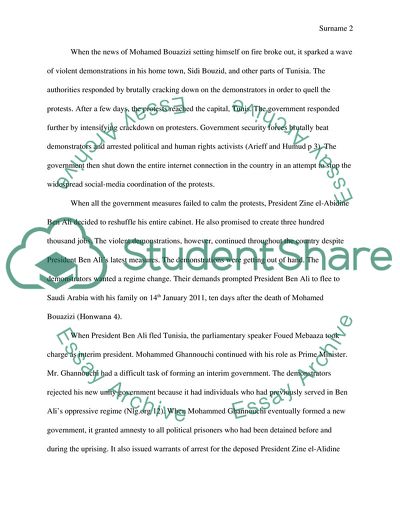Cite this document
(The Aftermath of the Tunisian Revolution Essay Example | Topics and Well Written Essays - 1750 words, n.d.)
The Aftermath of the Tunisian Revolution Essay Example | Topics and Well Written Essays - 1750 words. https://studentshare.org/politics/1823084-tunisian-revolution
The Aftermath of the Tunisian Revolution Essay Example | Topics and Well Written Essays - 1750 words. https://studentshare.org/politics/1823084-tunisian-revolution
(The Aftermath of the Tunisian Revolution Essay Example | Topics and Well Written Essays - 1750 Words)
The Aftermath of the Tunisian Revolution Essay Example | Topics and Well Written Essays - 1750 Words. https://studentshare.org/politics/1823084-tunisian-revolution.
The Aftermath of the Tunisian Revolution Essay Example | Topics and Well Written Essays - 1750 Words. https://studentshare.org/politics/1823084-tunisian-revolution.
“The Aftermath of the Tunisian Revolution Essay Example | Topics and Well Written Essays - 1750 Words”. https://studentshare.org/politics/1823084-tunisian-revolution.


